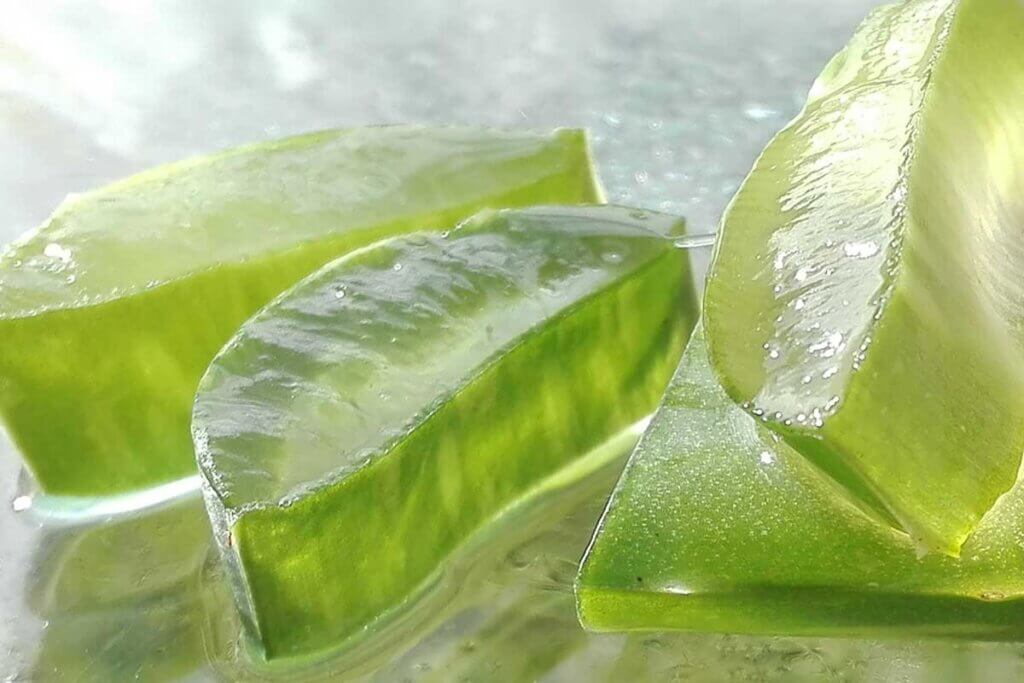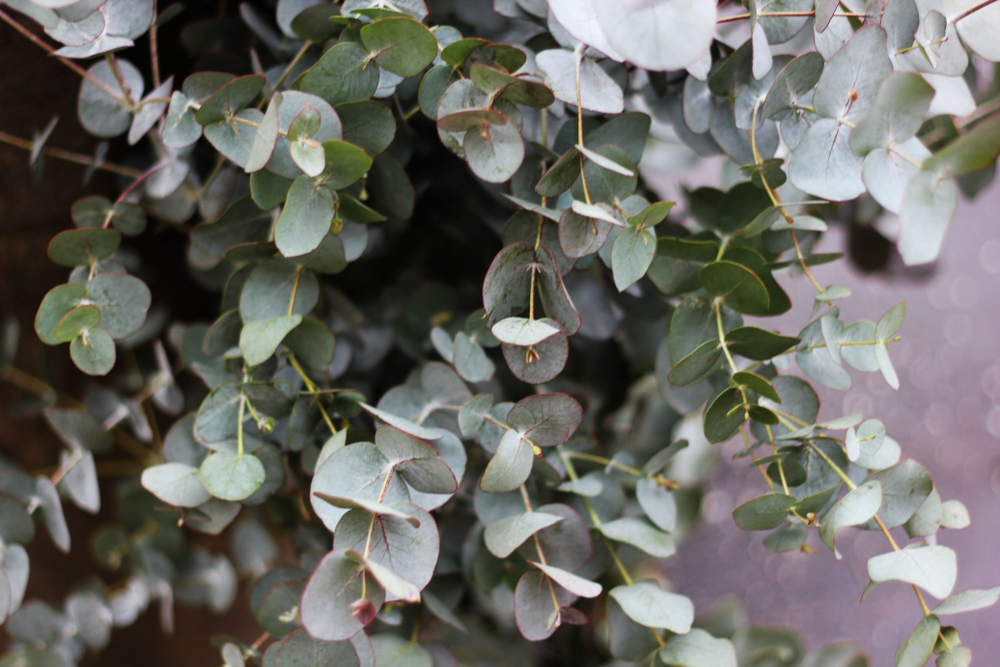Medicinal Plants to Grow at Home

Medicinal plants have multiple beneficial properties. People have been using them since time immemorial as homeopathic treatments for certain ailments. In fact, some professionals often recommend them to complement some pharmacological treatments.
Even the World Health Organization highlights (in its strategic plan) the benefits of using medicinal plants in health systems as an adjuvant treatment for pain and other health conditions. This practice, which is also known as phytotherapy, is successful because many of these plants can be grown at home.
By adopting this practice, you can keep a number of alternative medicines in your own home that you can use whenever you need to. What’s more, the act of cultivating plants is, in itself, a stress reliever that allows you to enjoy moments of calm while being at one with nature.
Medicinal plants and their use during the COVID-19 pandemic

Currently, scientific results support the use of medicinal plants as adjuvants in the treatment of covid-19.
Although there’s still a long way to go when it comes to absolute sustenance, there are articles that highlight the antiviral and anti-inflammatory properties of some species. Researchers believe that these can help to strengthen the immune system. Alongside counteracting the symptoms of respiratory diseases.
Medicinal plants that you can grow at home
As you can see, and you’ll continue to see throughout this article, there are some plants that have enormous potential. Keep reading because we’re about to tell you some of the ones that you can grow at home. Here we go!
Aloe vera
To date, around 350 species of aloe vera have been discovered. It’s common to find this medicinal plant inside homes around the world. It has outstanding properties and benefits just waiting for you to take advantage of.
Among them, it helps the skin to look radiant and smooth. It also helps to relieve burns, chafing, psoriasis, and insect bites. Used daily and in conjunction with your usual skincare products, it helps to keep the skin hydrated.
Valerian
Valerian is one of the most widely used medicinal plants in alternative medicine or phytotherapy. This bush has excellent benefits that help manage some of the symptoms of anxiety. The benefits of this medical plant have been studied for the last 18 years.
It’s also useful in the treatment of mild diarrhea, tremors, headaches, and even some symptoms associated with menstruation.
Poppy
The poppy has many healing properties that are described and documented in scientific literature. It can be consumed as an infusion or in different edible preparations and its use includes:
- Managing mild symptoms of anxiety.
- Relieving headache.
- Preventing and relieving symptoms of bronchitis.
- Treating dry cough and colds.
- Protecting the respiratory mucous membranes.
Eucalyptus

This is one of the easiest plants to grow at home. Equally, we can collect its leaves from parks and public spaces or we can buy them cheaply at specialist stores. You can cultivate this plant if you have a large plot of land as it grows into a large tree.
Listed as a medicinal plant because of its outstanding anti-flu properties, it’s also part of the first-line treatment against Covid-19. Equally, it can be used for managing coughs and as a home air freshener.
Garlic or Allium Sativum
Scientific articles have concluded after detailed investigations that garlic or Allium Sativum contains compounds called organosulfur. These help to strengthen the immune system and have a positive impact on anti-inflammatory processes.
Not to mention that it promotes blood circulation, acts as an antibacterial, and even has antioxidant properties! Let’s not forget that we can consume garlic in many ways too. It’s particularly popular in the preparation of the foods that we consume daily.
Moreover, it can easily be grown at home and works well in a pot or in a garden at ground level.
What do you think about these medicinal plants?
As you can see, some medicinal plants are widely known and others aren’t as well known. The truth is that scientific evidence supports their use and growing them at home is simple, cheap, and fun.
Medicinal plants have multiple beneficial properties. People have been using them since time immemorial as homeopathic treatments for certain ailments. In fact, some professionals often recommend them to complement some pharmacological treatments.
Even the World Health Organization highlights (in its strategic plan) the benefits of using medicinal plants in health systems as an adjuvant treatment for pain and other health conditions. This practice, which is also known as phytotherapy, is successful because many of these plants can be grown at home.
By adopting this practice, you can keep a number of alternative medicines in your own home that you can use whenever you need to. What’s more, the act of cultivating plants is, in itself, a stress reliever that allows you to enjoy moments of calm while being at one with nature.
Medicinal plants and their use during the COVID-19 pandemic

Currently, scientific results support the use of medicinal plants as adjuvants in the treatment of covid-19.
Although there’s still a long way to go when it comes to absolute sustenance, there are articles that highlight the antiviral and anti-inflammatory properties of some species. Researchers believe that these can help to strengthen the immune system. Alongside counteracting the symptoms of respiratory diseases.
Medicinal plants that you can grow at home
As you can see, and you’ll continue to see throughout this article, there are some plants that have enormous potential. Keep reading because we’re about to tell you some of the ones that you can grow at home. Here we go!
Aloe vera
To date, around 350 species of aloe vera have been discovered. It’s common to find this medicinal plant inside homes around the world. It has outstanding properties and benefits just waiting for you to take advantage of.
Among them, it helps the skin to look radiant and smooth. It also helps to relieve burns, chafing, psoriasis, and insect bites. Used daily and in conjunction with your usual skincare products, it helps to keep the skin hydrated.
Valerian
Valerian is one of the most widely used medicinal plants in alternative medicine or phytotherapy. This bush has excellent benefits that help manage some of the symptoms of anxiety. The benefits of this medical plant have been studied for the last 18 years.
It’s also useful in the treatment of mild diarrhea, tremors, headaches, and even some symptoms associated with menstruation.
Poppy
The poppy has many healing properties that are described and documented in scientific literature. It can be consumed as an infusion or in different edible preparations and its use includes:
- Managing mild symptoms of anxiety.
- Relieving headache.
- Preventing and relieving symptoms of bronchitis.
- Treating dry cough and colds.
- Protecting the respiratory mucous membranes.
Eucalyptus

This is one of the easiest plants to grow at home. Equally, we can collect its leaves from parks and public spaces or we can buy them cheaply at specialist stores. You can cultivate this plant if you have a large plot of land as it grows into a large tree.
Listed as a medicinal plant because of its outstanding anti-flu properties, it’s also part of the first-line treatment against Covid-19. Equally, it can be used for managing coughs and as a home air freshener.
Garlic or Allium Sativum
Scientific articles have concluded after detailed investigations that garlic or Allium Sativum contains compounds called organosulfur. These help to strengthen the immune system and have a positive impact on anti-inflammatory processes.
Not to mention that it promotes blood circulation, acts as an antibacterial, and even has antioxidant properties! Let’s not forget that we can consume garlic in many ways too. It’s particularly popular in the preparation of the foods that we consume daily.
Moreover, it can easily be grown at home and works well in a pot or in a garden at ground level.
What do you think about these medicinal plants?
As you can see, some medicinal plants are widely known and others aren’t as well known. The truth is that scientific evidence supports their use and growing them at home is simple, cheap, and fun.
All cited sources were thoroughly reviewed by our team to ensure their quality, reliability, currency, and validity. The bibliography of this article was considered reliable and of academic or scientific accuracy.
- Berdonces, J. L. (2019). Enciclopedia de fitoterapia y plantas medicinales. RBA Libros.
- Maldonado, C., Paniagua-Zambrana, N., Bussmann, R. W., Zenteno-Ruiz, F. S., & Fuentes, A. F. (2020). La importancia de las plantas medicinales, su taxonomía y la búsqueda de la cura a la enfermedad que causa el coronavirus (COVID-19). Ecología en Bolivia, 55(1), 1-5.
- Bortoluzzi, M. M., Schmitt, V., & Mazur, C. E. (2020). Efeito fitoterápico de plantas medicinais sobre a ansiedade: uma breve revisão. Research, Society and Development, 9(2), 47.
- Albán, M. S., Echavarría, A. P., & Domínguez, L. D. (2018). Composición nutricional y propiedades funcionales de flores comestibles| Nutritional composition and functional properties of edible flowers. Saber, 30, 498-507.
- ENCINAS TORREZ, R. N. (2020). ASOCIACION DE EUCALIPTO A TRATAMIENTO FARMACOLOGICO DE PRIMERA ETAPA EN LA COVID-19.
- Guillamón, E. (2018). Efecto de compuestos fitoquímicos del género Allium sobre el sistema inmune y la respuesta inflamatoria. Ars Pharmaceutica (Internet), 59(3), 185-196.







